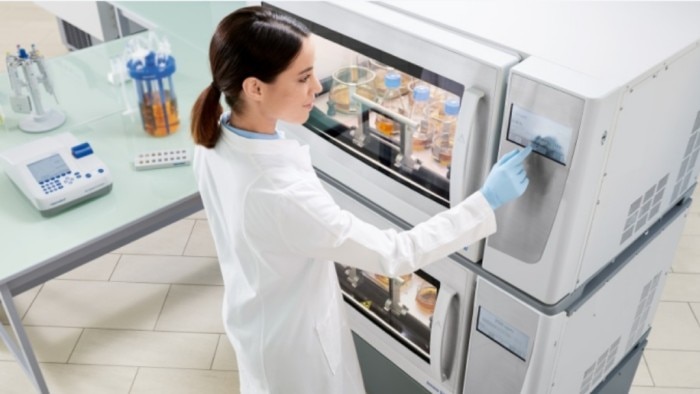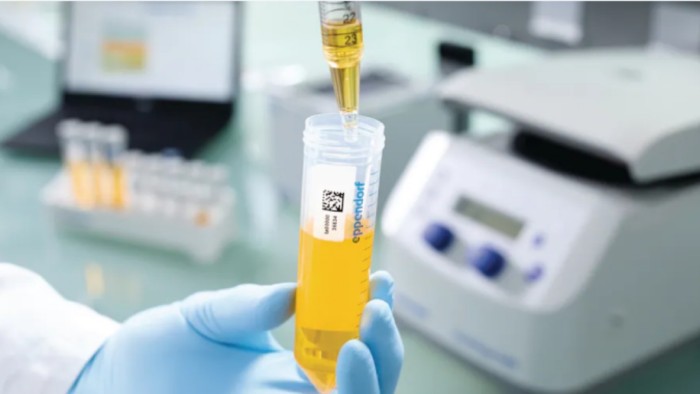-
-
-
- Services pour bioprocédés
- Services pour centrifugeuse et rotors
- Services pour Mastercycler
- Services pour automates de pipetage
- Services pour congélateurs
- Services pour incubateurs
- Services pour agitateurs
- Services pour appareils de photométrie
- Service de contrôle de la température et de l’agitation
- Service pour pipette
-
-
-
-
- Services pour bioprocédés
- Services pour centrifugeuse et rotors
- Services pour Mastercycler
- Services pour automates de pipetage
- Services pour congélateurs
- Services pour incubateurs
- Services pour agitateurs
- Services pour appareils de photométrie
- Service de contrôle de la température et de l’agitation
- Service pour pipette
-
-
- Centrifugeuses de paillasse
- Centrifugeuses au sol
- Centrifugeuses réfrigérées
- Microcentrifugeuses
- Centrifugeuses multi-fonctions
- Centrifugeuses haute vitesse
- Ultracentrifugeuses
- Concentrateur
- Produits IVD
- High-Speed and Ultracentrifuge Consumables
- Tubes de centrifugeuse
- Plaques de centrifugeuse
- Gestion des appareils
- Gestion des échantillons et des informations
-
- Pipetage manuel & distribution
- Pipettes mécaniques
- Pipettes électroniques
- Pipettes multicanaux
- Distributeurs et pipettes à déplacement positif
- Automates de pipetage
- Distributeurs sur flacon
- Auxiliaires de pipetage
- Pointes de pipette
- Consommables d’automatisation
- Accessoires pour pipettes et distributeurs
- Accessoires d’automatisation
- Services pour pipettes et distributeurs
You need support?
Please contact us for more information about how Eppendorf can help with your sample.

Read more
Read less
Step 1: Sample Culture
Sample culture is your starting point for all downstream applications. Only with numerous identical cells, can your research properly begin and progress to the next step.
Just one sign of contamination and the new sample is gone - you need reliable growth, homogeneity and high reproducibility. We give you the tools to cultivate your samples in the best possible way. Excellent cell growth meets performance and reliability of your experiments, as well as advanced protection against contamination.
Ultimately, your desire is to publish faster or improve your drug development workflow. Now be confident in your results and reach your goals first time - every time.
Discover our entire product portfolio
Lire moins
Our solutions in action
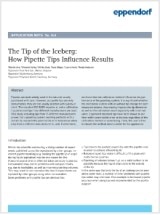


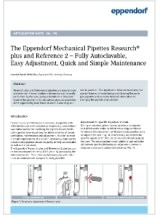
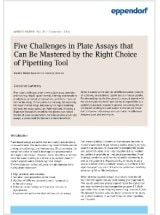
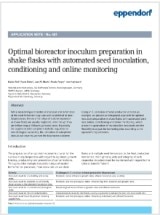
Everyday Culture Practice: Improving Reproducibility In Cell Culture Vol. 2
Eukaryotic cell cultures respond to the slightest influence. Apart from the risk of contamination, minimal changes in cultivation parameters can affect the viability, growth, and metabolism of cells.



